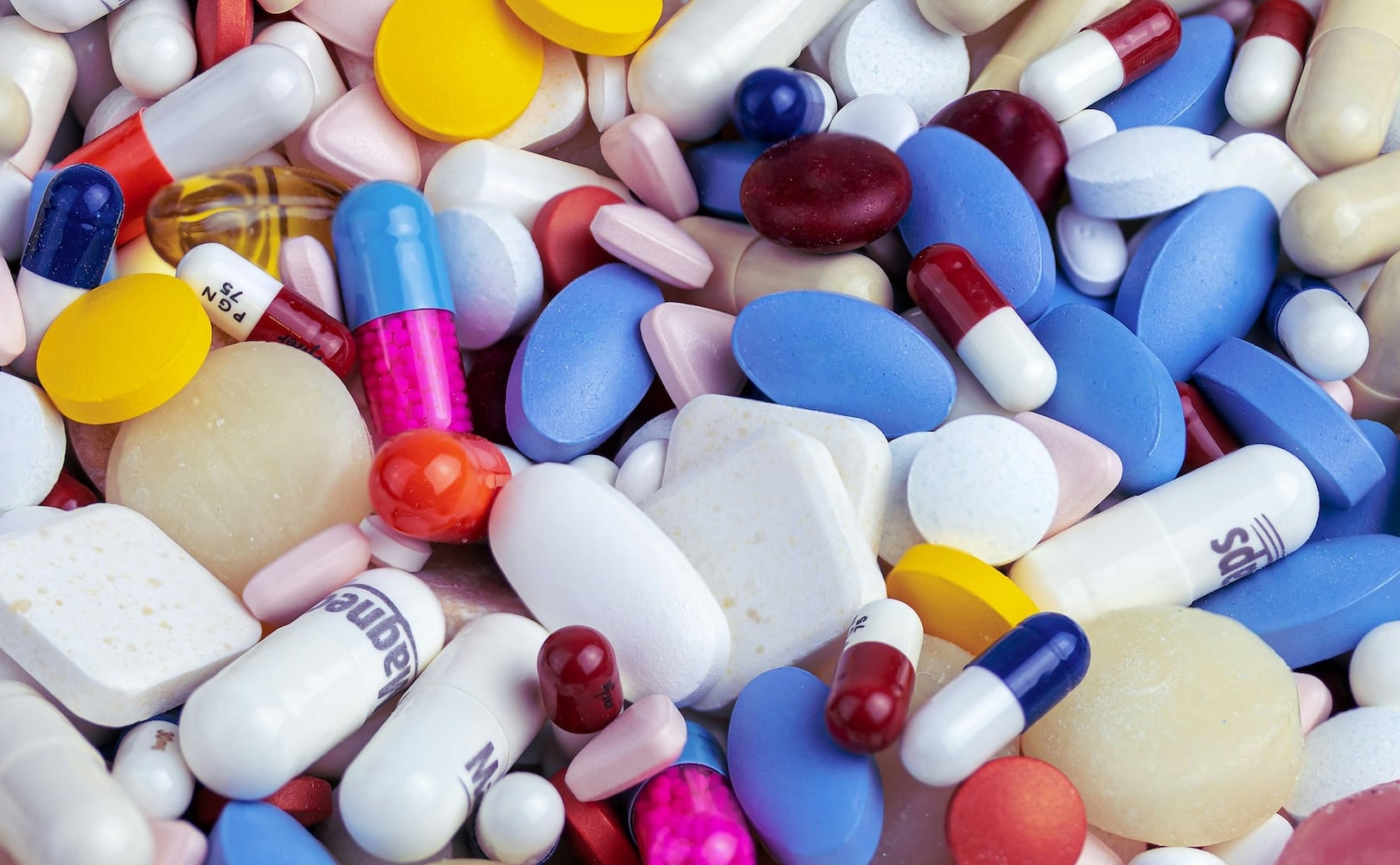The field of drug research and development (R&D) is on the cusp of a transformative era, thanks to the advent of artificial intelligence (AI). This article delves into how AI, particularly transformer-based models like generative pre-trained transformers (GPT), is poised to revolutionize drug R&D by decoding biological data and aiding in the design of effective therapies.
Complex diseases such as cancer and neurodegenerative disorders pose significant challenges due to their multifactorial nature. Traditional methods often fail to capture the intricacies of human biology, leading to limited predictive power for treatments. However, advancements in AI are offering comprehensive solutions that can account for these complexities.
Achievements of AI
AI has made significant strides beyond its initial domain, with user-friendly applications like ChatGPT making it accessible to a broader audience. Transformer-based models are particularly promising as they can learn meaning and context from data. These models have shown potential in understanding the “language” of proteins, DNA, and RNA, which could lead to more accurate predictions in biological research.
The implementation of large multimodal language models (LLMs) extends this capability further by allowing interaction with visual data such as medical imaging. This could lead to holistic disease modeling that integrates various biological data types into dynamic simulations, enhancing drug discovery processes.
Limitations
Despite these exciting developments, there are limitations associated with AI use in drug R&D. Data used for training AI may contain inaccuracies, and the generative nature of LLMs could result in inconsistent outputs. To mitigate risks, human experts must verify prompts and outputs while controlling model parameters to ensure consistent results.
In conclusion, while there are challenges to overcome, AI holds great promise for transforming drug discovery by enabling a more comprehensive understanding of complex diseases and facilitating personalized treatment strategies.
For a detailed exploration of how AI is reshaping drug discovery and development, read the full article at TechnologyNetworks.com.

